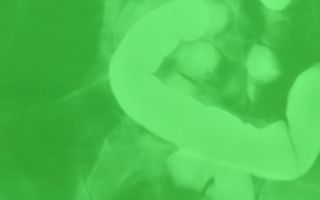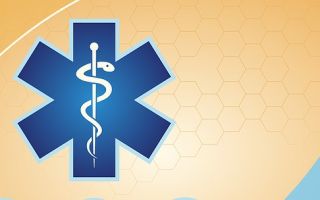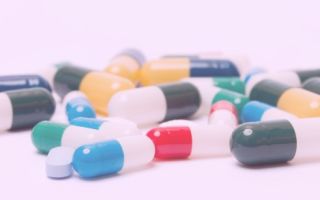Diseases

Infection with staphylococcus through contaminated food leads to the development of an acute disease - staphylococcal enterocolitis

Non-pathogenic E. coli is a normal component of the human intestinal bacterial flora. When it enters the gastrointestinal tract into other organs, it causes diseases.

A disease caused by abnormal development of the colon. Following a proper diet and simple rules allows you to avoid surgery.

The cause of intestinal dysfunction, both in children and adults, may be poor absorption of milk. It is caused by a deficiency of the enzyme...

The most difficult form to diagnose is hemorrhagic vasculitis of the abdominal cavity. Signs, diagnostic methods, prevention, treatment are described

Fecal incontinence is a loss of control over bowel movements resulting from the inability of the anal sphincter to retain feces. Anal sphincter insufficiency Quite common...

The formation of air cysts in the intestinal wall causes pneumatosis intestinalis. The prognosis for recovery is good if treatment is started on time.

Intestinal tuberculosis is a chronic infectious disease that, without treatment, leads to serious consequences, prevention, vaccination.

A variety of intestinal and extraintestinal symptoms characterize Whipple's disease. It begins with infection of the small intestine, then all organs are affected.
